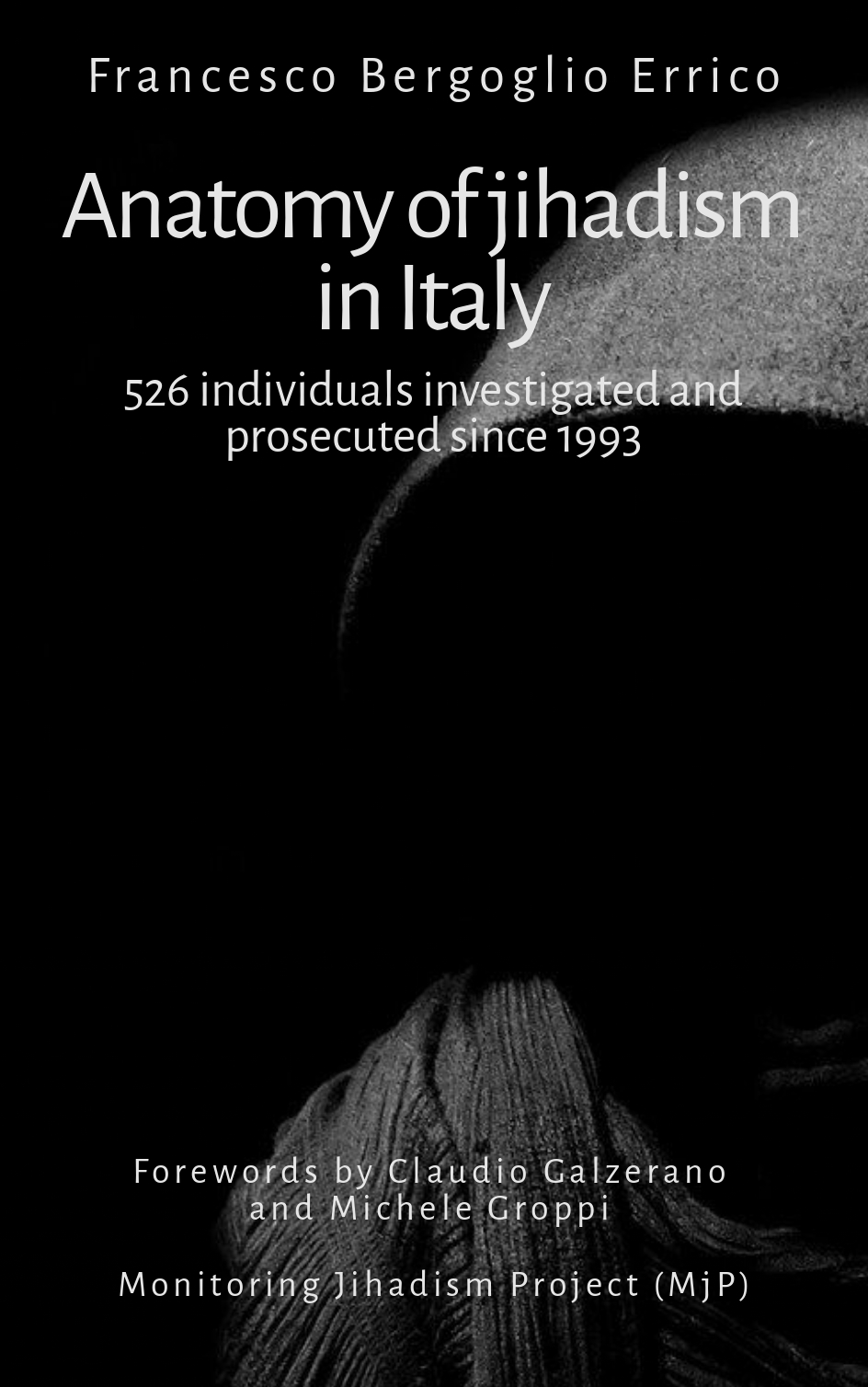Bassam Ayachi
Bassam Ayachi was born in Aleppo, Syria, on September 6, 1946. In the 1960s, he fled Syria and settled in France, where he worked as a restaurateur. He married a French woman and obtained French citizenship. During the 1970s, he worked in Saudi Arabia and was imprisoned for a time due to his connections with jihadists involved in the 1979 Grand Mosque attack in Mecca. Ayachi later returned to France and, after the fraudulent bankruptcy of his restaurant in 1992, moved with his family to Belgium. There, he founded an association to teach local youths about Islam and organized summer camps in the Ardennes. In 1997, he notably established the Belgian Islamic Centre (Centre Islamique Belge; CIB) in Molenbeek-Saint-Jean to provide religious instruction to local Muslims.
The CIB became a hub for radical Salafi activity, giving rise to the so-called Bassam Ayachi Network (BAN). As a fundamentalist imam, Ayachi held anti-Western views and sympathized with the actions of Algerian armed Islamic groups. He conducted Quranic lessons, recorded in audio-video files, in which he harshly criticized the policies of Western countries and Islamic nations that, in his opinion, did not strictly adhere to Islamic law. Ayachi wielded significant authority and influence over CIB attendees, including Raphael Marcel Frederic Gendron.
Belgian police signalled Ayachi, due to his connections with Islamic terrorist networks. In 1997, Ayachi was briefly detained for providing fake identity papers to Islamists who had fought in Bosnia. He established relationships with individuals linked to international jihadi organizations, including al-Qaeda and its affiliates. For instance, he officiated the religious marriage of Malika El Aroud and Abdessatar Dahmane, the Tunisian suicide bomber connected to al-Qaeda who assassinated Commander Ahmed Shah Massoud. Notably, the BAN developed close relations with the Belgian branch of the Tunisian Combatant Group (Groupe Combattant Tunisien; GCT).
Ayachi became involved with the Citizenship and Prosperity Party (Parti Citoyenneté et Prospérité; PCP), an Islamist fundamentalist political party founded by Jean-François Bastin. In the 2003 Belgian legislative elections, Ayachi, his son, and Bastin led the PCP. They did not obtain any parliamentary seats. In 2004, the party split due to tensions between Ayachi and Bastin.
On November 11, 2008, Ayachi was arrested in Bari, southern Italy, on charges of aiding and abetting illegal immigration. He was found driving a truck that was smuggling five foreign citizens into Italy, along with Gendron. Among them was Ahmed Alnafis, who was wanted internationally for robbery, kidnapping, and sexual assault. Wiretaps revealed that Ayachi and Gendron had travelled to Syria to pick up a “mujahidin brother”. Additionally, fourteen people arrested in Brussels on December 11, 2008, for their connections to al-Qaeda were found to have frequented Ayachi’s Islamic centre.
After the arrest, investigators analysed six USB drives and DVDs in possession of Ayachi and Gendron. The content suggested that their activities were aimed at recruiting young illegal immigrants, particularly from Palestine and Syria, for training and eventual deployment in terrorist activities against Allied forces in Iraq and Afghanistan. Among the documents found there were readings and commentaries on statements by Osama bin Laden, speeches by al-Zarqawi, reports on operations by the Iraqi resistance against the U.S. Army and material for the training of the perfect mujahidin.
Ayachi was consequently arrested together with Gendron on charges of being a promoter, leader, organizer, and financier of international terrorism in Italy and abroad, collaborating with other individuals of French and Belgian nationality. He was accused of establishing a criminal organization in Italy, as well as in France and Belgium, linked to al-Qaeda. The activities in which he was involved include planning and executing terrorist actions against Western institutions as part of a jihadist agenda, possessing explosive devices, recruiting and training individuals for suicide attacks or combat in foreign countries, raising funds necessary to support these activities, and proselytizing and inciting jihad.
He was intercepted in prison while speaking to Gendron referring to possible future attacks at the airport Charles De Gaulle in Paris.
On June 4, 2011, Ayachi was sentenced by the Court of Assizes of Bari to eight years in prison. However, in 2012, he was released on appeal. The Court of Cassation annulled the appeal judgment, postponing the trial to the second degree, where he was acquitted again on July 3, 2012, due to insufficient evidence. Then, he returned to Belgium. In 2012, the CIB was dissolved by court order.
Following the death of his son, Abdelrahman Ayachi, a fighter for the Islamist rebel group Suqour al-Cham, Bassam Ayachi returned to Syria and joined Suqour al-Sham. He assumed the role of an Islamic judge in the Idlib region. Ayachi criticised Islamic State and denounced the influx of foreign fighters into Syria. In February 2015, he was injured and lost his right arm in an ISIS attack. In November 2016, he survived another ISIS assassination attempt, in which his bodyguard was killed. In July 2017, he was briefly arrested by Hayat Tahrir al-Sham but he was released soon after.
In March 2018, Ayachi went to Turkey, but he was arrested for illegal entry, detained for about ten days, and then expelled to France. On March 27, 2018, he was arrested in northern France and charged with associating with a French jihadist expelled by Turkey. On May 13, 2022, Ayachi was sentenced in Paris to five years in prison for terrorist criminal association.




